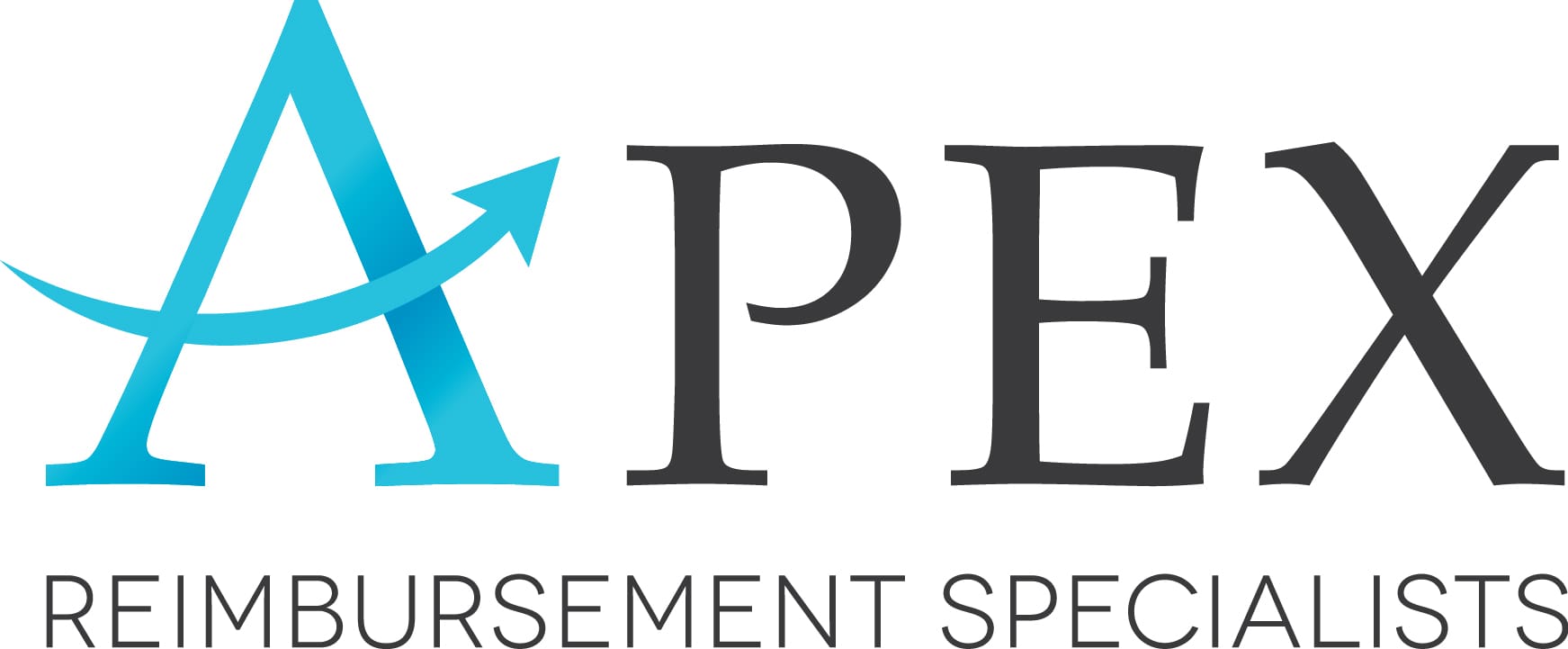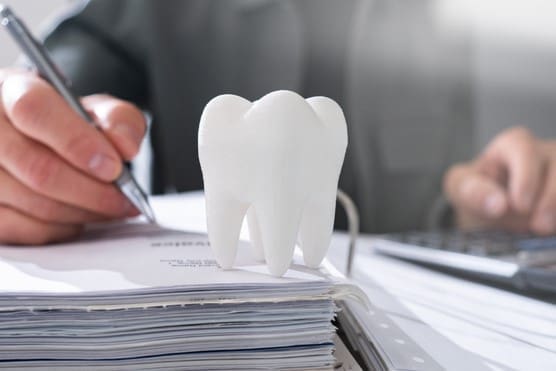How much time do you spend evaluating a car before making a purchase? What about a house? Whenever there is a large investment involved, it only makes sense to take your time and perform thorough due diligence. Acquiring or investing in a dental practice is no different. Why is due diligence so critical when buying or investing in a dental practice?
Why Does Due Diligence Matter?
Anyone who is trying to get you to invest in something or buy something has an incentive to paint it in the best light possible. While that is not always malicious, it can lead to misrepresentations and exaggerations. Dental practices also present unique challenges, because they do not have obvious inventory or assets like a traditional business. Some of the reasons why due diligence is so critical include:
- Seeing the state of the practice’s assets, including how old equipment and technology are and whether or not they will need to be replaced in the near future
- A close look at the exact cash flow of the practice
- Getting an idea of the goodwill that the practice has already cultivated through existing patients, community reputation, referrals, and more
Taking someone’s word for it is never the same as having precise and detailed information to work from. Beyond understanding a clear picture of the practice’s financial and business situation, you will also have a better idea of what it is worth and what an appropriate sale price is.
What Things Happen During the Due Diligence Process?
- Work with an accountant to review financial records and things like profit and loss statements, tax returns, balance sheets, cash deposits, and more.
- Confirm the various claims that the seller is making throughout the sale or investment process, including things like why they are selling or seeking financing and their existing relationships with suppliers and patients
- Look through existing staff records, salary data, and consider how many will stay behind and who might move on after acquisition
- Examine equipment, inventory, tools, and fixtures to determine if the condition is properly represented and what their projected lifespan is based on current condition
- Review any existing agreements with suppliers, staff, insurers, and others to see if the contracts are transferable
- Work with a third-party specialist like APEX Reimbursement Specialists to ensure every step of the process is completed smoothly
APEX Reimbursement Specialists Is Here to Help Your Practice Grow
Whether you’re preparing for the recredentialing process or looking to explore automating your dental practice, APEX Reimbursement Specialists is here to help. Contact our team today by calling (410) 710-6005. We look forward to working with you to make your practice a more profitable place.

